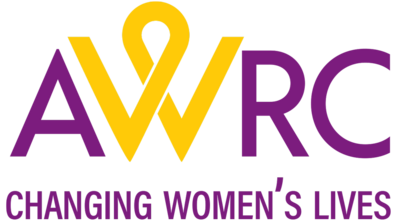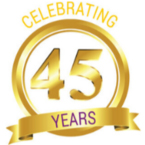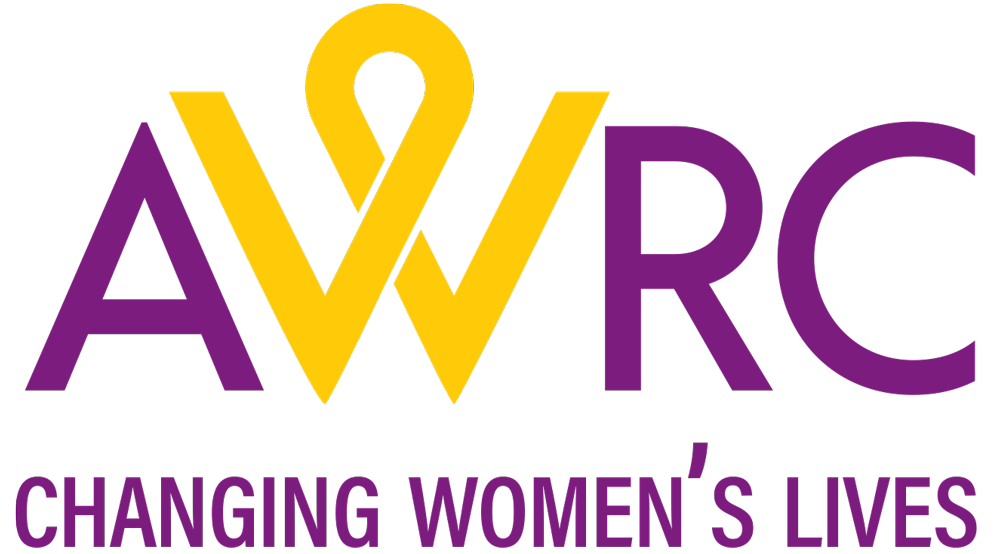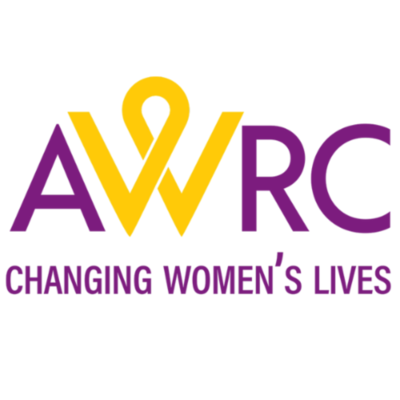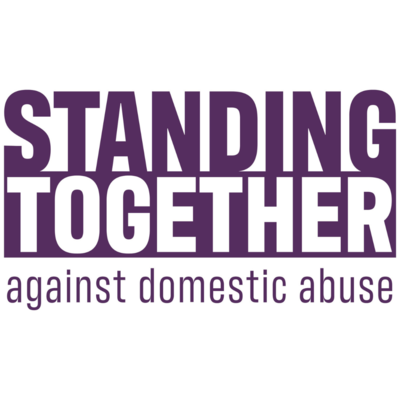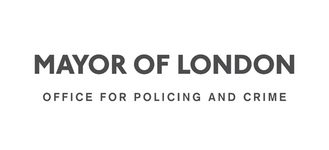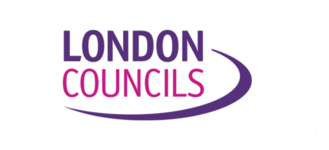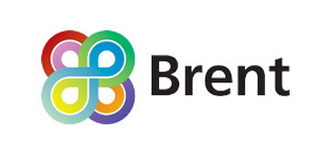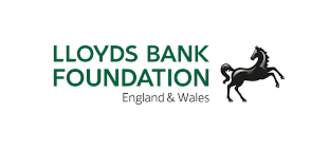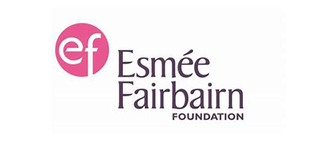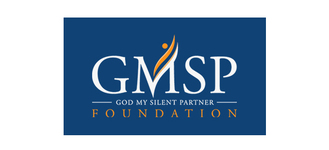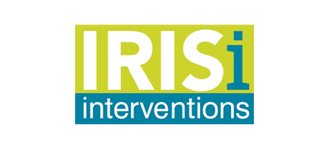Coaction Hub - Asian Women’s Resource Centre X Standing Together Against Domestic Abuse
PROJECT OVERVIEW
The Coaction Hub is a partnership between Asian Women’s Resource Centre (AWRC) and Standing Together Against Domestic Abuse (STADA) funded by the Esmee Fairbairn Foundation. It works to strengthen the Co-ordinated Community Response (CCR) to improve responses to Black and Minoritized/global majority survivors of domestic abuse and harmful practices. The project is a carried out within a partnership structure, where agencies collaborate on all aspects of the work
The success of the project is rooted in the underlying ethos that the partnership is one of equity, despite the inherent power differentials between a second tier domestic abuse agency and a specialist by and for agency. This is achieved through equitable funding, collaborative decision making and a shared vision. We are supported in this work by independent learning partners and evaluators.
Our projects include:
Research on the effectiveness of MARAC for harmful practices cases accompanied by a good practice toolkit
Targeted training for MARAC Co-ordinators in England and Wales on MARAC and harmful practices
Domestic Homicide Review (DHR) Mentoring for women working at specialist by and for agencies to be supported to be DHR chairs
Workshops for by and for agencies who are, or are interested in becoming, DHR expert panel members
A review of the effectiveness of current risk assessment tools for Black and minoritized survivors of domestic abuse and harmful practices
An exploration of Violence Against Women and Girls (VAWG) intervention models internationally to assess what learnings can be integrated
A Knowledge Hub which collates co-created learnings from the project and links to useful resources
As part of this project the Coaction Hub co-ordinate a pan-London Harmful Practices Strategic Partnership (HPSP), a by and for led space for agencies to work strategically and collaboratively around creating change in response to harmful practices. More information on HPSP can be found below.
Our Learning Review, evaluating 3 years of the Coaction Hub project can be found here: Independent Learning Review
RESEARCH
DHR Programme Learning:
Research shows that Black and minoritised victims are overrepresented in domestic homicides, but professionals often have a lack of understanding of the barriers inhibiting these victims’ help seeking. This project supports by-and-for agencies to be involved with DHRs as chairs and expert panel members through mentoring and workshops.. As a pilot, 2 women from by-and-for agencies have been recruited to become DHR chairs. Mentees receive full training and support to develop their skills, whilst bringing their knowledge and expertise into the DHR sector.
MARAC & Harmful Practices Research Paper and Toolkit:
The paper examines the effectiveness of MARACs for harmful practices, and focuses on 5 key areas, identifying concerns and gaps, as well as exploring alternative ways of working:
- Professional understanding of harmful practices in MARAC Settings
- The value of by and for agencies to MARAC and how this impacts harmful practices cases
- Reconstructing the structure of MARAC for harmful practices cases
- Harmful practices as a referral criteria for MARAC
- The value of collecting MARAC data on harmful practices
The paper is accompanied by a toolkit which supports MARACs to improve practice for harmful practices cases.
Harmful Practices Strategic Partnership (HPSP)
The Harmful Practices Strategic Partnership is a pan London, by and for led partnership of statutory, non-statutory and by and for led organisations and other stakeholders. It is co-ordinated by the Coaction Hub, a partnership project between Asian Women’s Resource Centre and Standing Together Against Domestic Abuse. This platform is unique as it started as an independent collective of professionals and activists associated with the Harmful Practices sector and then became a part of the Coaction Hub with terms of reference that reflected equity and shared leadership.
The group meets every quarter and have satellite meetings on thematic areas decided by members. Meetings are chaired by global majority led members and decision making is positively weighted in favour of by and for organizations as per the terms of reference. HPSP is a platform to support specialist organizations to contribute and be recognized for their expertise to inform policy and strategy within the Coordinated Community Response (CCR).

KNOWLEDGE HUB
This platform serves as a resource hub, highlighting issues impacting BME victim/survivors, raising awareness around harmful practices, and sharing useful articles, write-ups, case studies, blogs, and engagement pathways. Our aim is to inspire action, allyship, and equitable partnership between agencies, and improve the coordinated community response to BME women and girls experiencing VAWG. We hope you find this valuable for your work. In the fight against Violence Against Women and Girls (VAWG), equitable partnership, collaboration, and allyship are not just valuable—they are essential. Grounded in the ethos of intersectional feminism and anti-racism, these principles recognise the interconnectedness of various forms of oppression and the importance of addressing them collectively.
Risk Assessment:
The project reviews the efficacy of current risk assessment tools for Black and minoritized survivors of domestic abuse and harmful practices.
Rethinking Risk Beyond the Checklist: The Need for a Holistic and Inclusive Framework
This paper examines whether current risk assessment frameworks, such as DASH RIC is effective for Black and minoritised victim-survivors of domestic abuse and harmful practices. We are not aware of any research which explores effectiveness of RIC tool for Black and minoritised victim-survivors.
This paper highlights that many Black and minoritised women are unable to or do not feel safe to disclose abuse, particularly in cases involving sexual violence, coercive control, or harmful practices. It lacks the intersectional framing required to reflect the full range of risks and needs.
The paper is aimed at VAWG practitioners, policymakers, and frontline professionals responsible for assessing, supporting, and safeguarding Black and minoritised victim-survivors. It serves as a policy and practice influencing document, informed by our consultation with professionals involved in assessing and managing domestic abuse and meeting the needs of victim-survivors. What has emerged is a clear call for change. A risk-led approach alone is not enough. A shift is needed toward models that integrate both risk and needs-centred on survivors’ lives, not just incidents.
International Models Research:
The Knowledge Hub explores international approaches to VAWG, learning from models of CCR and VAWG interventions in the global south. The Coaction Hub aims to create learning templates to integrate this knowledge into the CCR. This work explores holistic approaches to working with survivors and focus on need as well as risk.

WHERE TO REACH US
For more information on the Coaction Hub contact:
Aasifa Usmani
aasifa@awrc.org.uk

